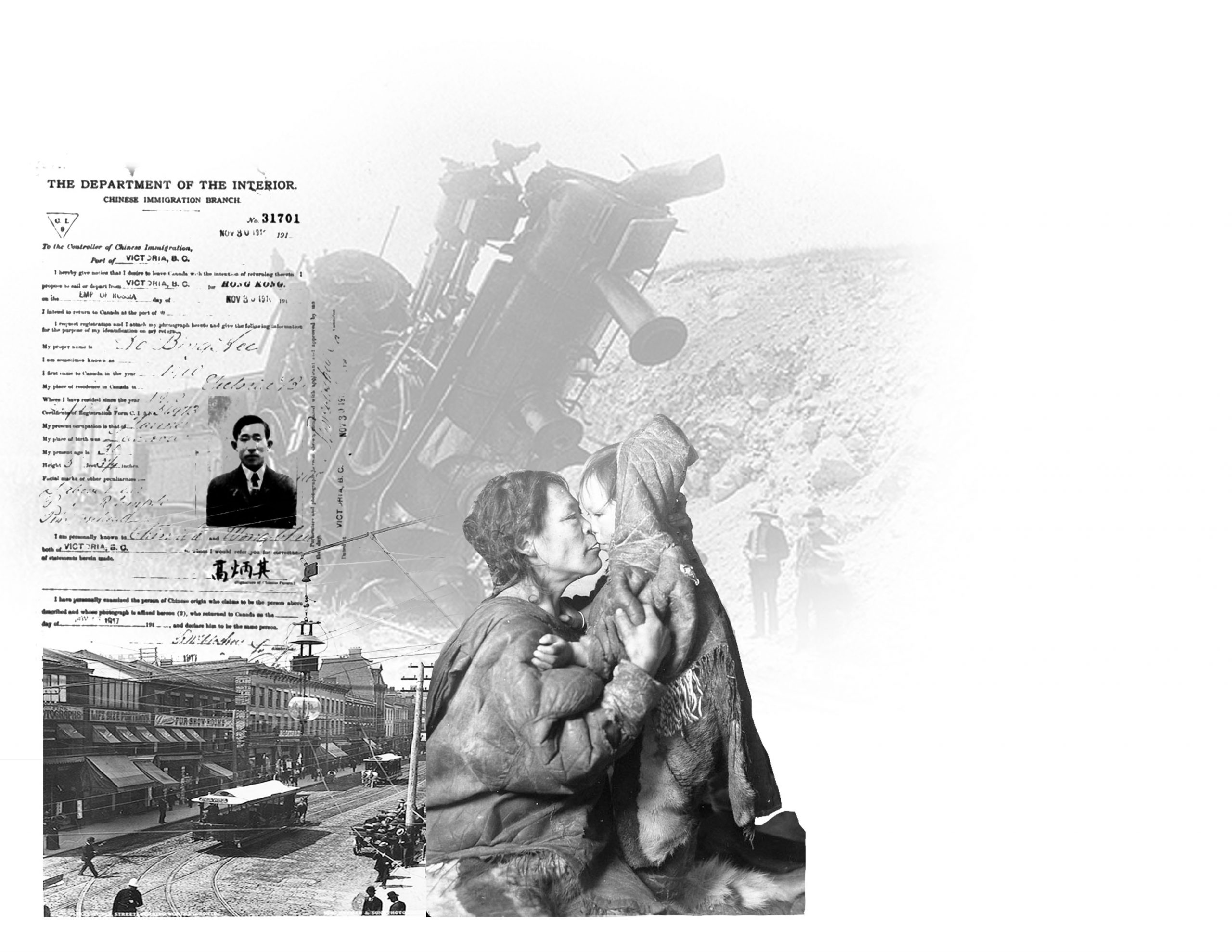Yet another racist chapter in Canada’s history
Do you ever get carried away in random rabbit holes and spend hours looking things up online? Me too. Here’s my latest one (and the one that has made me frown the most in weeks): the Chinese Head Tax and Chinese Immigration Act.
It all started when I watched In the Shadow of Gold Mountain, a documentary created in 2004 by filmmaker Karen Cho for the National Film Board. It follows the director’s journey across the country to interview survivors of the Chinese Head Tax and Chinese Exclusion Act and their descendants, while unpacking the historical context behind both of these policies.
The 19th century was a chaotic one in China. The Qing dynasty was faltering under Western military pressure and internal turmoil: circumstances like the start of the Opium Wars in 1839 and the eruption of the 14-year-long Taiping Rebellion in 1850 triggered an exodus from the region, a movement which was compounded by the buzz surrounding the discovery of gold in North America.
Hopeful travelers flocked to British Columbia in 1858, determined to find a better life in ‘Gold Mountain,’ a nickname for Canada that, for decades, became synonymous with opportunity.
The Chinese Head Tax was implemented in 1885, when the Canadian Pacific Railway had been completed and Canada no longer needed Chinese labour. Starting at $50, or just over $2,200 in today’s currency, the price for a ticket to Gold Mountain got steeper and steeper as the government tried to preclude Chinese migration into the country. By 1903, the tax had been brought up to $500, equivalent to over $11,000 today, and accounted for two years of a labourer’s salary.
This exorbitant sum still didn’t grant Chinese migrants citizenship, and between 1910 and 1953, travelers were issued a CI 9 certificate, a document that proved they had paid their entry fee into the country. Authorities could ask to verify this certificate at any moment, requiring migrants to carry it on them at all times.
From collecting the head tax of around 82,000 Chinese migrants, the federal government amassed around $23 million, or just over half a billion dollars when adjusted for inflation today.
On Canada Day, 1923, when the tax failed to keep Chinese people out of Canada, the Chinese Immigration Act was passed, officially barring them from entering the country. The bill was officially repealed in 1947, a victory accredited by some to the enrollment of about 1,000 Chinese migrants into the Canadian military during both World Wars.
Anti-Chinese discrimination was rife throughout the country, which prompted the diaspora to gather into ghettos known as ‘Chinatowns’. Even after 1947, family reunification was the main motive for allowing Chinese travelers to Canada.
When In the Shadow of Gold Mountain was made, the Chinese community was still seeking reparations from the government for those who paid the head tax and their families. In 2006, Stephen Harper’s newly elected government extended a formal apology to the community and compensation for the 20 remaining survivors of the head tax.
The discriminatory policies that peppered Canada’s justice system throughout the 20th century — and that, arguably, continue to this day — were always somewhat skimmed through in our school curricula growing up. The racist reactions surrounding COVID-19 and the memes made out of them while the virus was still regional to east and southeast Asia — and it wasn’t the world’s problem yet — probably won’t make it into the history books. I’ll concede that high school classes are too short to learn about every important piece of Canadian history; and that’s what rabbit holes are for.
Photo collage by Kit Mergaert




